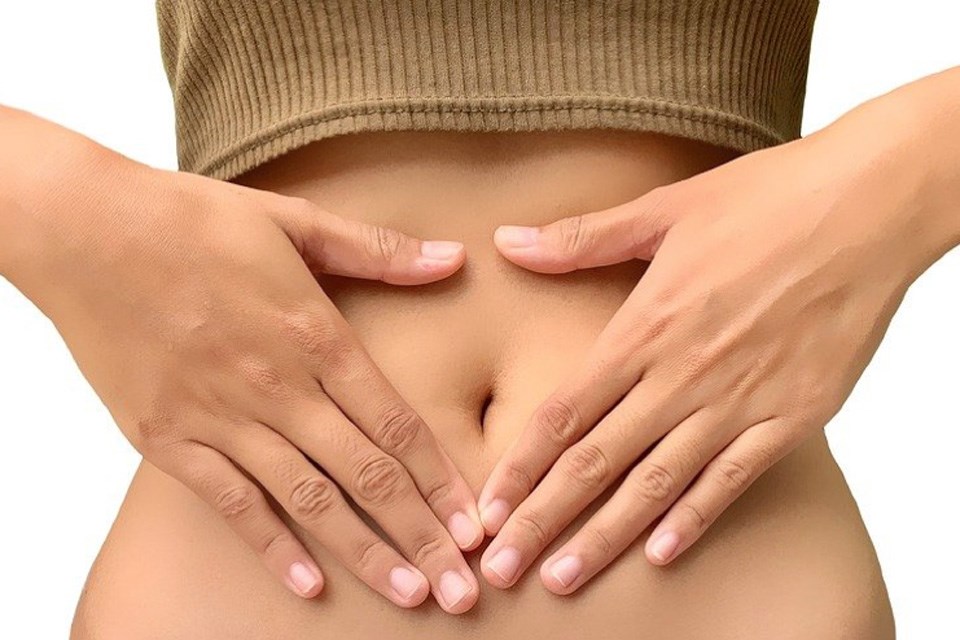What are probiotics?
Probiotics are live bacteria and yeasts, and they come in a few different forms, or groups:
- Lactobacillus is the most common probiotic—the one they are talking about in the yogurt ads. You'll find it in yogurt and other fermented foods, and it can help with diarrhea. Don’t let the name worry you, though, this probiotic can actually help you if you are lactose-intolerant and can't digest lactose.
- Bifidobacterium is found in some dairy products, and it can actually help ease symptoms of irritable bowel syndrome (IBS).
- Saccharomyces boulardii is a yeast that is found in probiotics. It can help fight diarrhea and other digestive problems.
The different types of probiotics will have different impacts on your digestive system, so it is important to talk to a doctor or specialist about which one might be the right choice for your set of circumstances.
What do probiotics do?
Probiotics affect the nerves that control your gut movement, and in doing so, they help encourage the movement of food through your gut. In other words, they help your digestive system to operate more effectively and help eliminate the pain and discomfort that can occur when your digestive system is not operating well.
How does it work?
Probiotics help to balance out the bacteria in your gut to keep your digestive system working well. Taking probiotic supplements can help you replace good bacteria that has been lost, or it can help counter the bad bacteria that form in your gut to keep your digestive system working the way it should.
When should you consider taking probiotics?
According to WebMD, there are some key times when it is in your best interest to take probiotics:
- When you are taking antibiotics or other medications that can damage your good bacteria counts, and especially if you are experiencing diarrhea as a side effect of antibiotics.
- When you suffer from conditions like irritable bowel syndrome, inflammatory bowel disease (IBD), infectious diarrhea (caused by viruses, bacteria, or parasites).
- When you suffer from chronic skin conditions like eczema.
Early studies have also indicated probiotics can be helpful in promoting urinary and vaginal health, preventing allergies and colds, and in providing proper oral health.
As with any significant change to your diet or health, you should seek the advice of your doctor to make sure taking probiotics is the right option for you. Every body is different, and probiotics are still being studied to determine their full impacts and benefits. While their benefits appear substantial, it is still important to talk to your doctor about what might be right for you when it comes to introducing probiotics into your diet.
Who should not take probiotics?
Probiotics are not considered to be the right choice for people with immune system problems or serious health conditions. Always consult your doctor before trying probiotics if you are taking any antibiotics or medications.
 This story was made possible by our Community Partners Program. Thank you Didsbury Dental for helping to expand local news coverage in Alberta. Learn more.
This story was made possible by our Community Partners Program. Thank you Didsbury Dental for helping to expand local news coverage in Alberta. Learn more.


